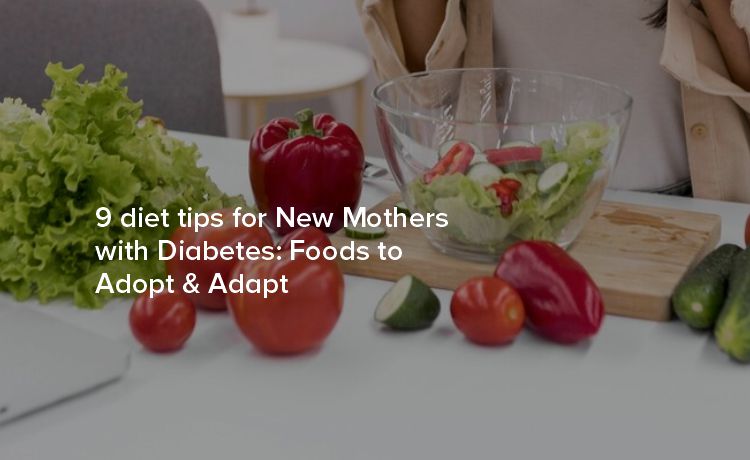
Becoming a new mother is an exhilarating experience. However, managing diabetes on top of the demands of motherhood can be overwhelming. The good news is that a well-rounded diet tailored to your needs can help manage your blood sugar levels while providing the necessary nutrients for both you and your baby. Here are nine essential diet tips for new mothers with diabetes, focusing on foods to adopt and adapt.
Why? Complex carbohydrates are digested more slowly, leading to more stable blood sugar levels.
Foods to Adopt:
Tip: Balance your meal by including a source of protein and healthy fats along with complex carbohydrates.
Why? Protein helps in stabilizing blood sugar levels and supports muscle repair and growth.
Foods to Adopt:
Tip: Try to include a source of lean protein with every meal to keep your energy levels steady.
Why? Healthy fats help in maintaining satiety and stabilizing blood sugar levels.
Foods to Adopt:
Tip: Add nuts or seeds to your salads or smoothies for an extra boost of healthy fats.
Why? Fiber slows down the digestion and absorption of carbohydrates, which helps in controlling blood sugar levels.
Foods to Adopt:
Tip: Aim for at least 25-30 grams of fiber per day to see the benefits.
Why? Proper hydration helps in maintaining optimal body function and can aid in controlling blood sugar levels.
Foods to Adopt:
Tip: Keep a water bottle handy throughout the day and aim for at least 8 cups of water.
Why? Controlling portion sizes can help prevent blood sugar spikes and manage weight.
Foods to Adopt:
Tip: Use a food diary or app to keep track of your portions and food intake.
Why? Low-GI foods are digested more slowly, causing a gradual rise in blood sugar levels.
Foods to Adopt:
Tip: Combine low-GI foods with moderate amounts of higher-GI foods to keep meals balanced.
Why? Processed foods and sugars can cause rapid spikes in blood sugar levels.
Foods to Adapt:
Tip: Read labels carefully to identify hidden sugars and unhealthy additives.
Why? Meal planning can help you make healthier choices and manage your diabetes more effectively.
Foods to Adopt:
Tip: Use meal planning apps or templates to streamline the planning process and stay organized.
Managing diabetes as a new mother can be challenging, but with the right dietary choices, you can maintain your health and energy levels. By adopting these tips and integrating these foods into your diet, you can create a balanced and sustainable eating plan that supports both you and your baby.